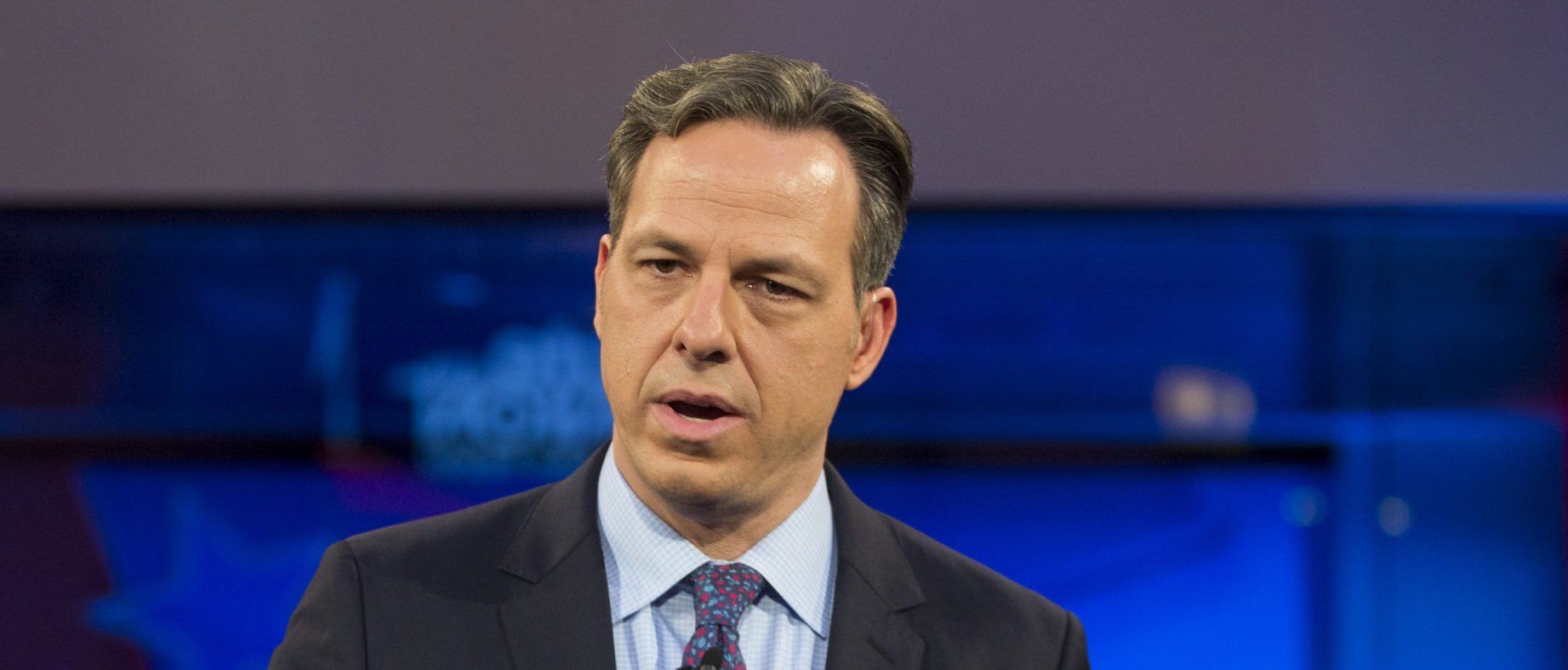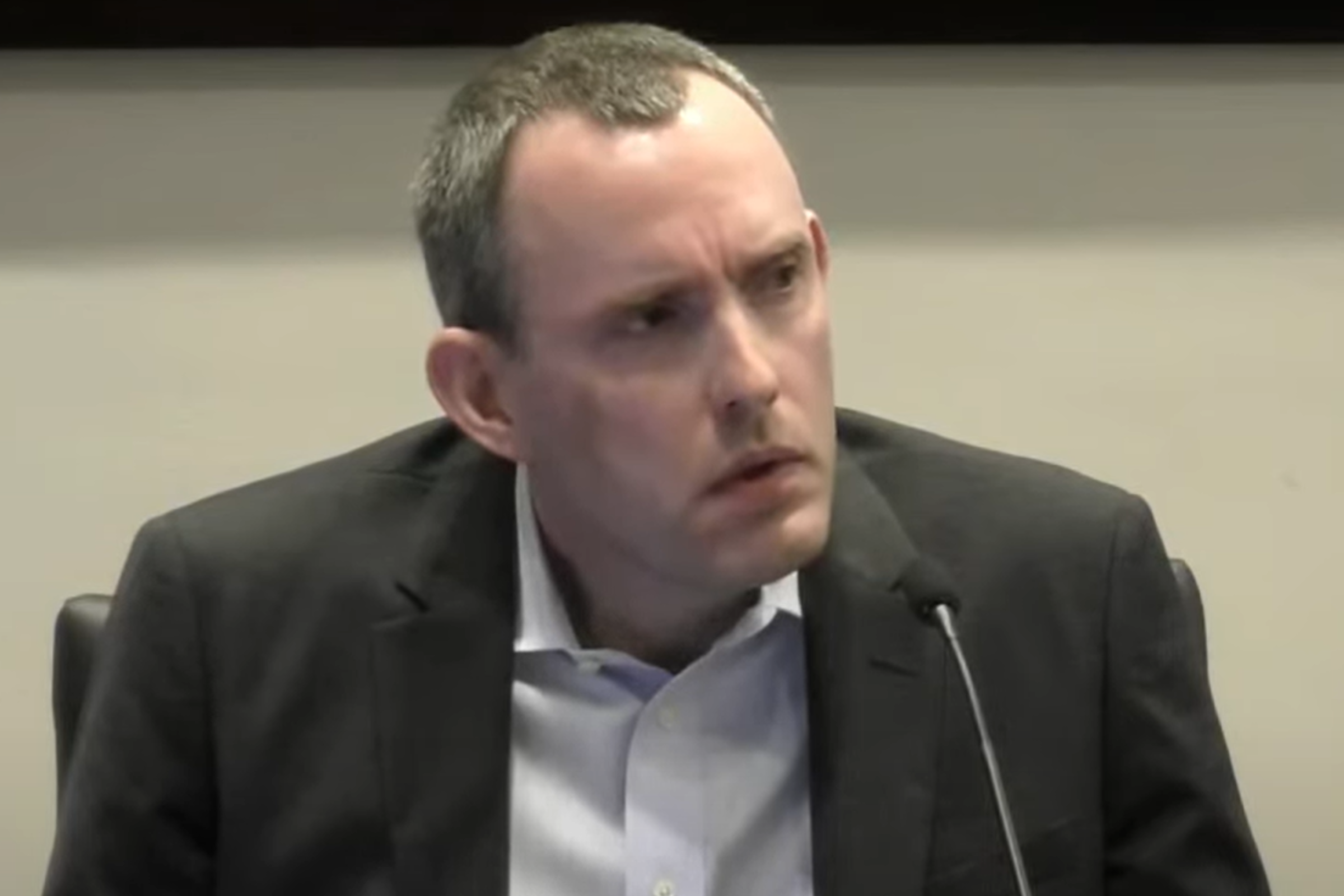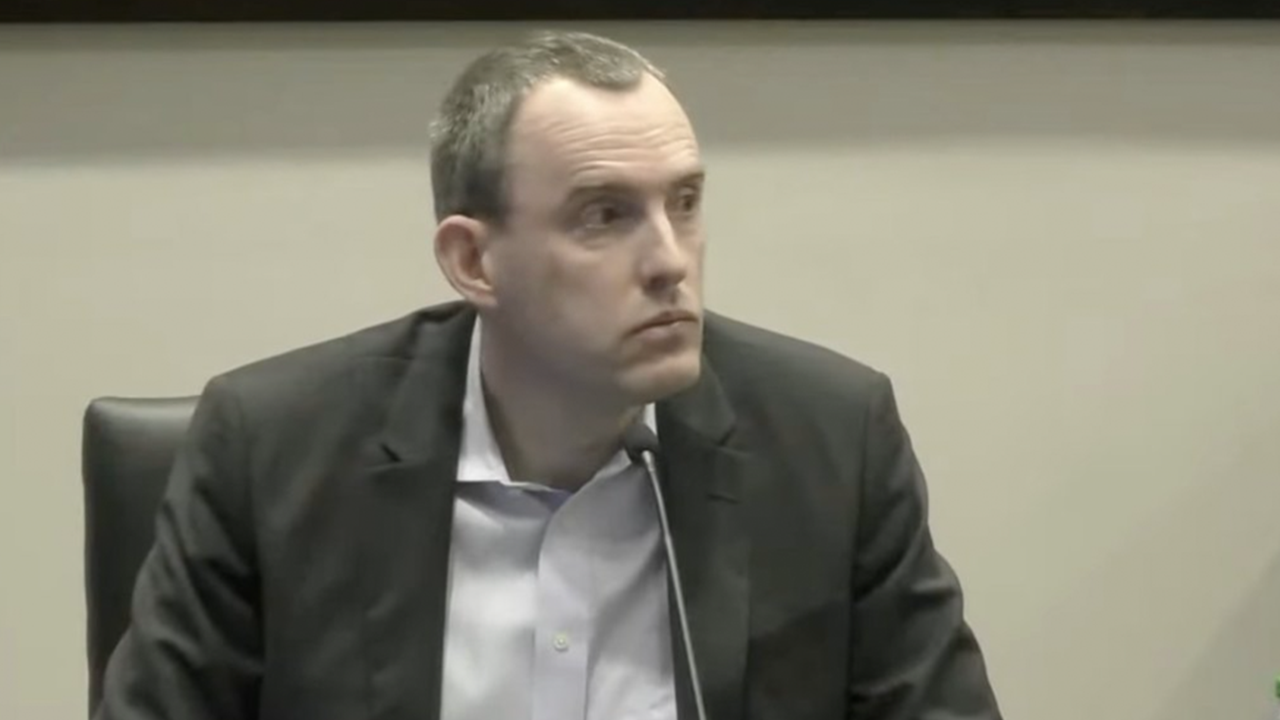CNN Defamation Trial Highlights Internal Doubts Over Reporting on Navy Veteran
Zachary Young's defamation suit against CNN raises questions about journalistic standards as editors express skepticism over the veracity of a controversial report.
Overview
In a defamation trial against CNN, Navy veteran Zachary Young claims the network falsely represented his evacuation efforts in Afghanistan as exploitative. Testimonies reveal internal doubts among CNN editors over the report's accuracy. National security editor Thomas Lumley admitted to serious concerns about the story during court proceedings, emphasizing its numerous flaws while maintaining it was ultimately accurate. The trial is seen as a critical examination of media accountability and the limits of First Amendment protections, especially following prior high-profile settlements concerning false reporting.
Report issue

Read both sides in 5 minutes each day
Analysis
Analysis unavailable for this viewpoint.
Articles (3)
Center (1)
History
- This story does not have any previous versions.


